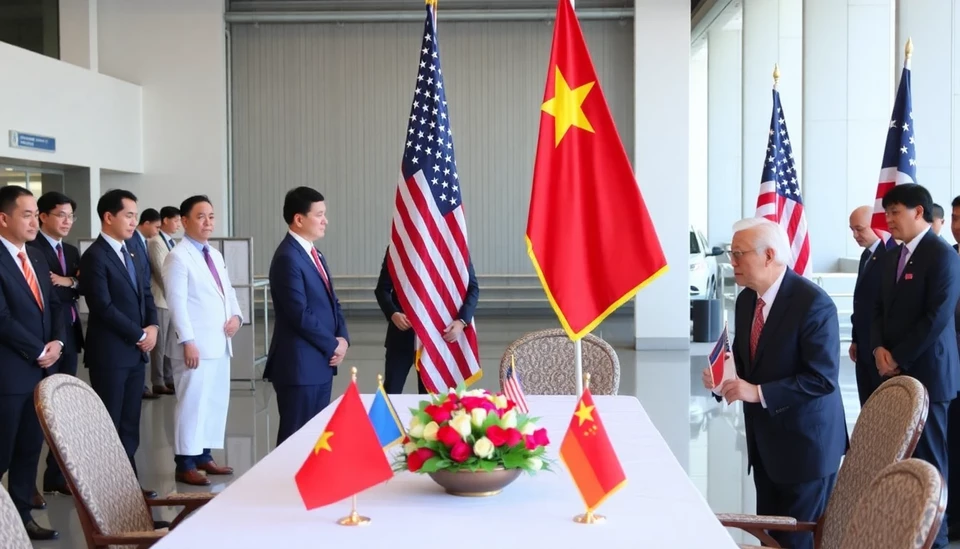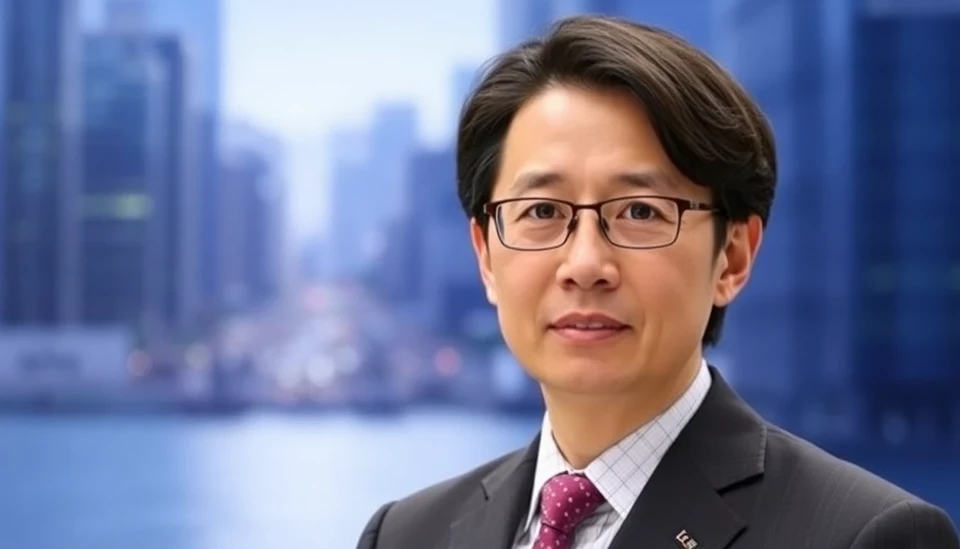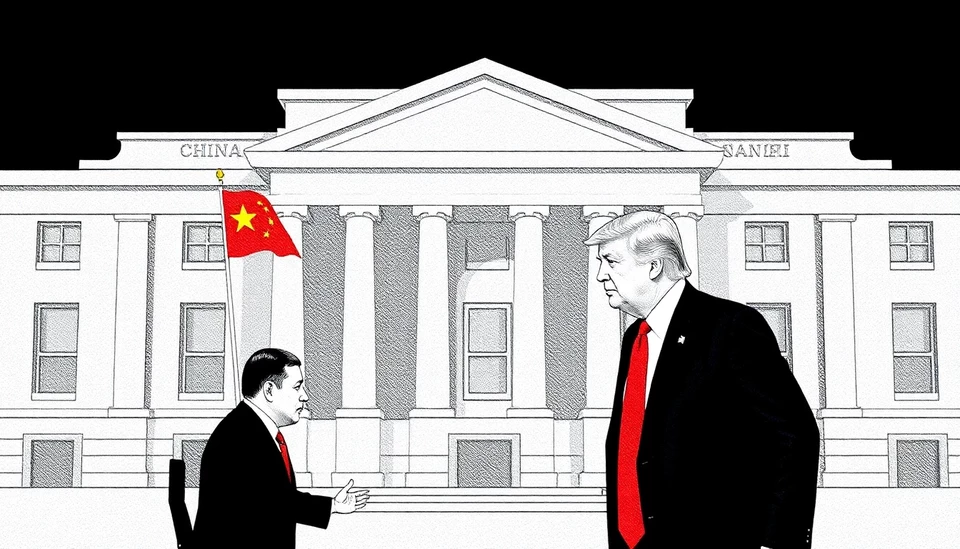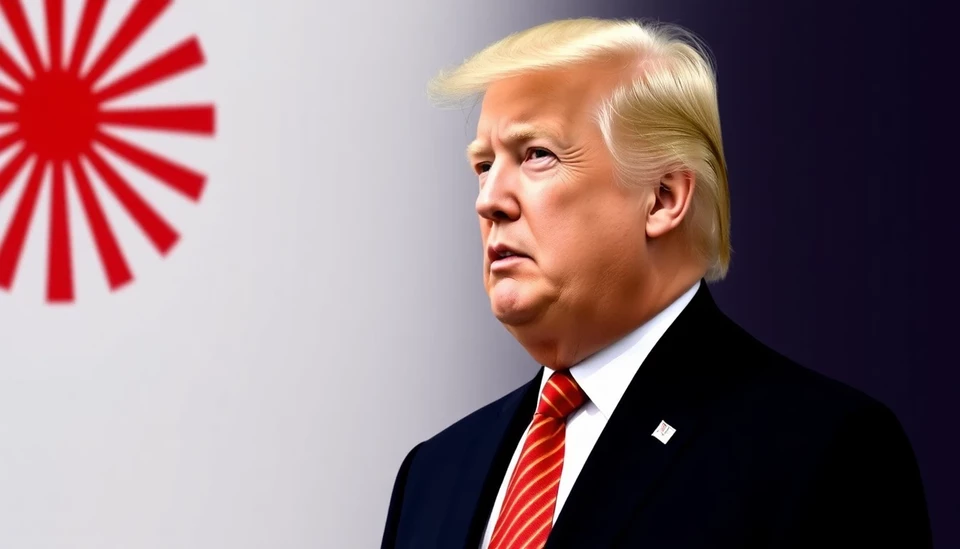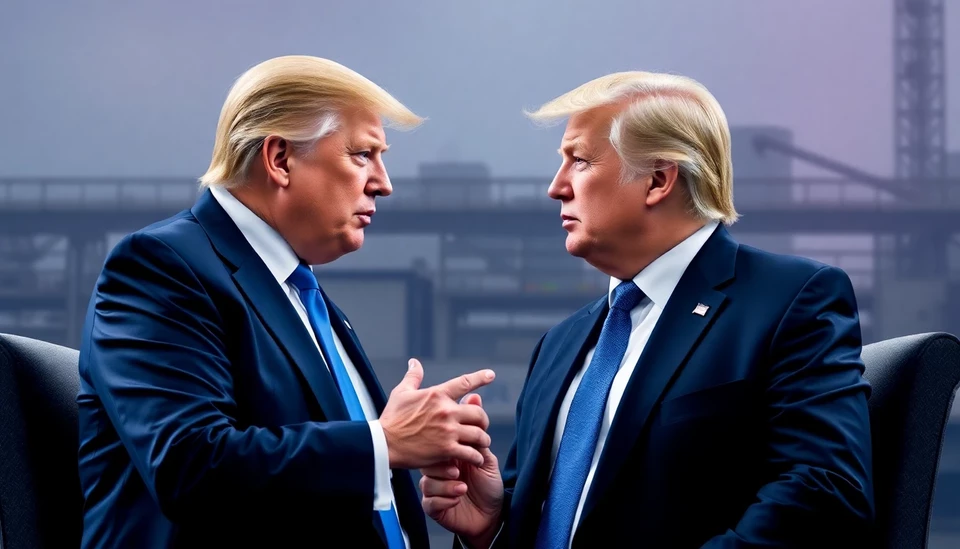
In a significant development within the global trade landscape, the European Union (EU) has re-engaged in negotiations with the Trump administration, as concerns regarding supply chain stability continue to escalate. This renewed dialogue comes at a critical time, with various sectors facing challenges stemming from ongoing geopolitical tensions and lingering effects from the pandemic.
Sources indicate that the recent talks initiated by the EU aim to establish stronger economic ties and cooperative frameworks that could potentially mitigate supply chain disruptions. The primary focus of the discussions revolves around tariff reductions, import quotas, and ensuring reciprocal trade benefits that would bolster both economies. This strategic move is seen as vital, not only for rekindling transatlantic trade relations but also for addressing the vulnerabilities that have emerged in recent years.
Fostering a robust exchange amidst the backdrop of fluctuating market conditions, both parties are acutely aware of the importance of stabilizing supply chains that have been under duress. Industries, ranging from automobiles to technology and agriculture, have reported significant shifts due to the pandemic and the subsequent shifts in consumer demand. As a result, the EU is keen on negotiating terms that could enhance productivity and efficiency across these sectors.
The discussions come in the wake of rising inflation and concerns about energy security, exacerbated by global events such as the conflict in Ukraine and changing energy policies. European nations have been particularly pressed to diversify their energy sources and stabilize prices, leading to the inclusion of energy cooperation as a notable topic in the trade talks with the Trump administration.
While there has been enthusiasm about rekindling trade relations, skeptics warn that political dynamics on both sides of the Atlantic could complicate negotiations. With upcoming elections in the U.S. and internal EU politics playing a crucial role, ensuring a consensus that benefits both parties might prove challenging. Nevertheless, stakeholders from various sectors are hopeful that these discussions will pave the way for practical solutions that enhance economic resilience and lead to a more interconnected global market.
In conclusion, the EU's proactive stance in reviving trade discussions with the Trump administration reflects a broader commitment to fortifying economic partnerships in a volatile international landscape. The outcomes of these negotiations could set a precedent for future trade relations and indicate a pathway towards enhanced stability and cooperation in global supply chains.
#TradeTalks #EuropeanUnion #TrumpAdministration #SupplyChainStability #GlobalTrade #EconomicPartnerships #EnergySecurity #Inflation
Author: Rachel Greene
